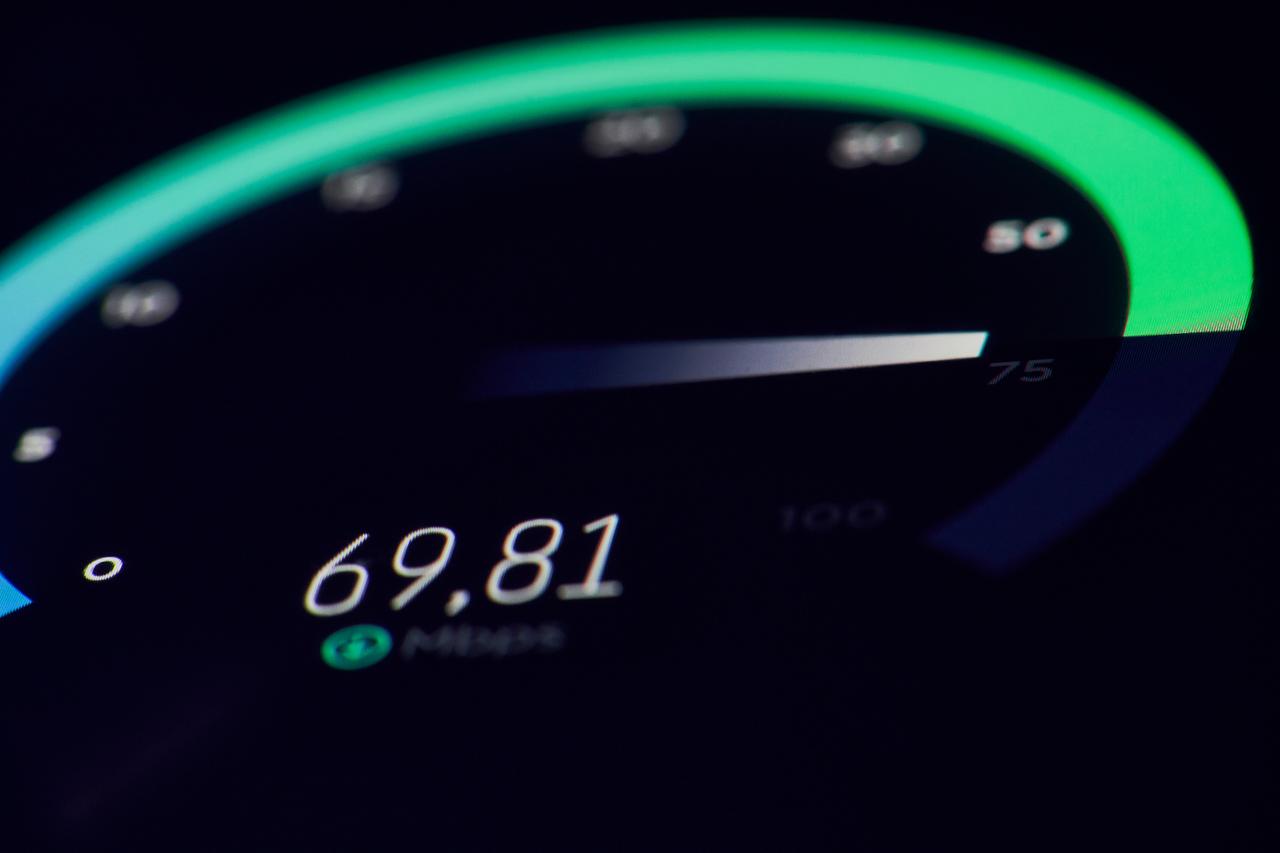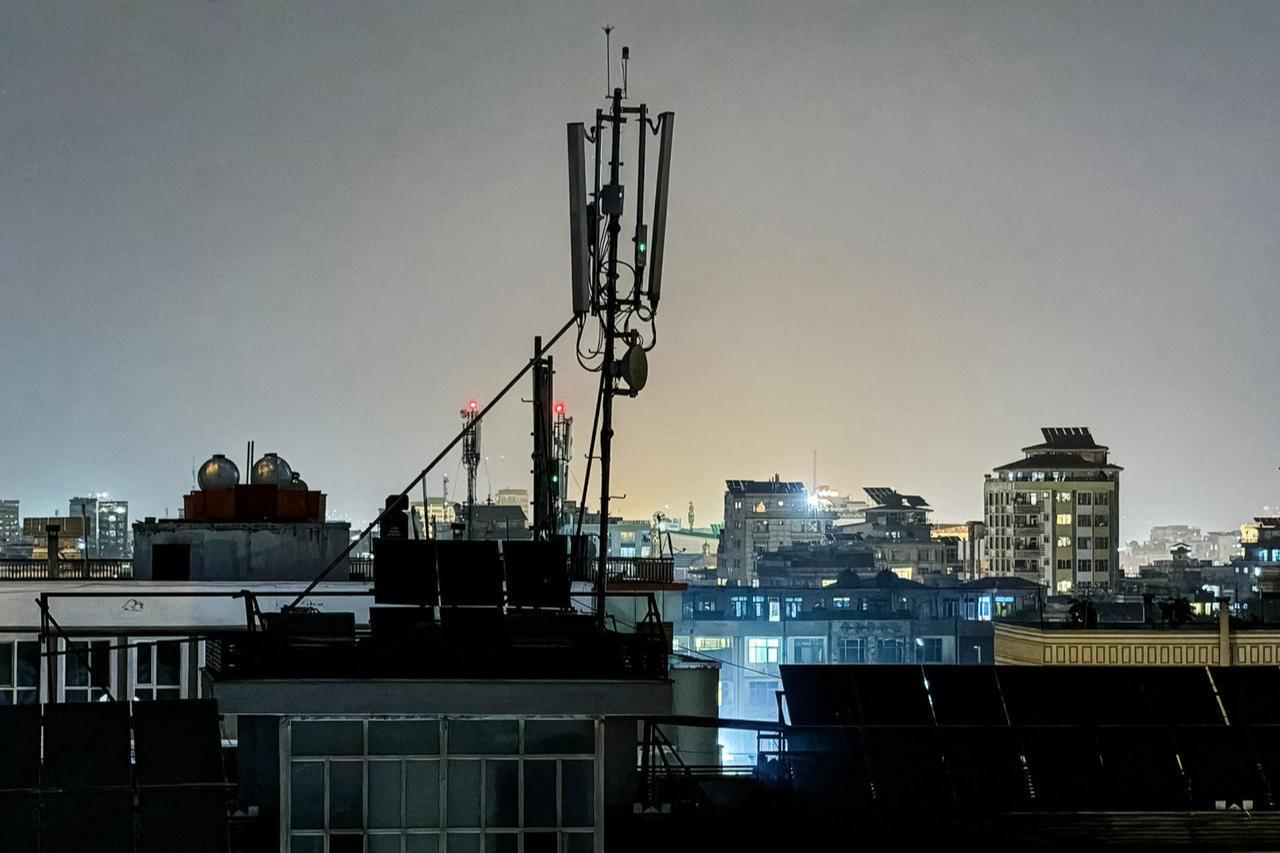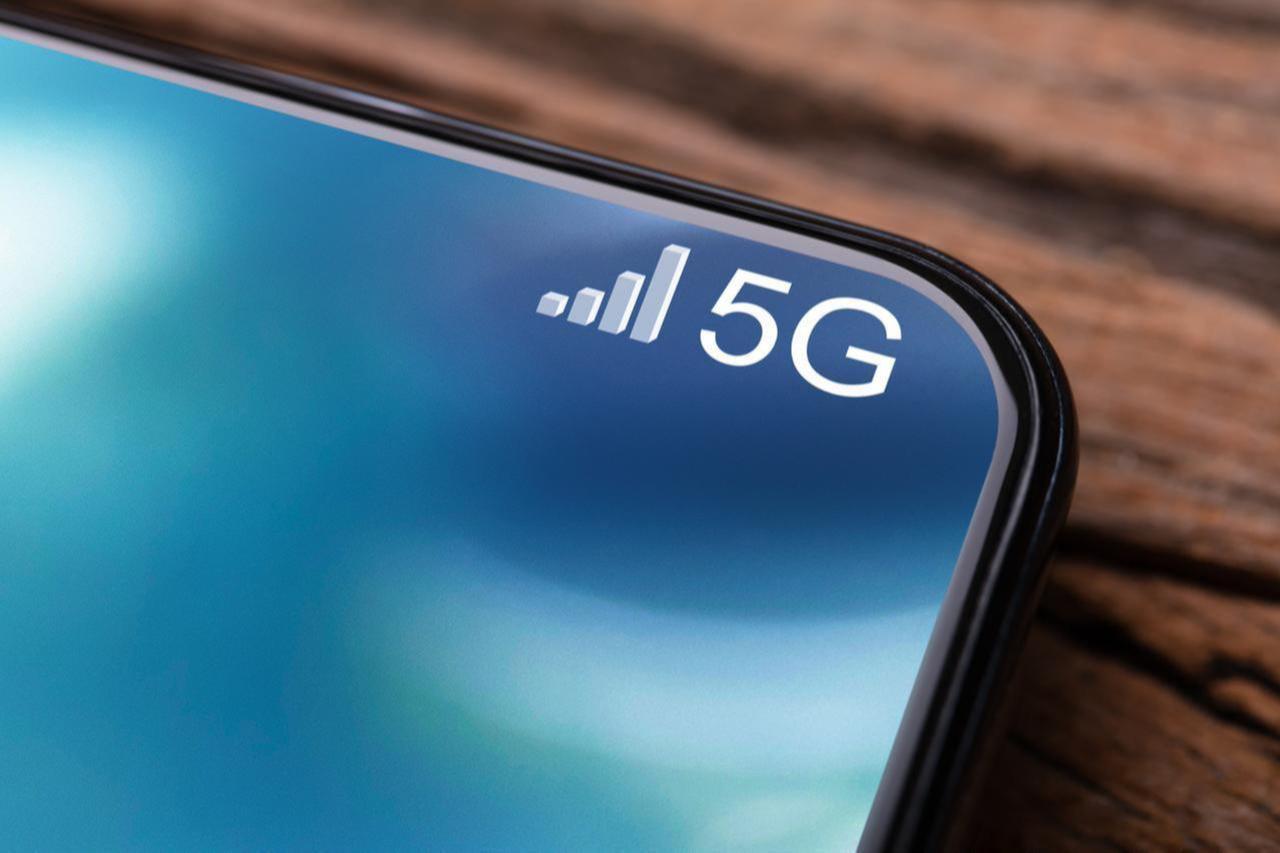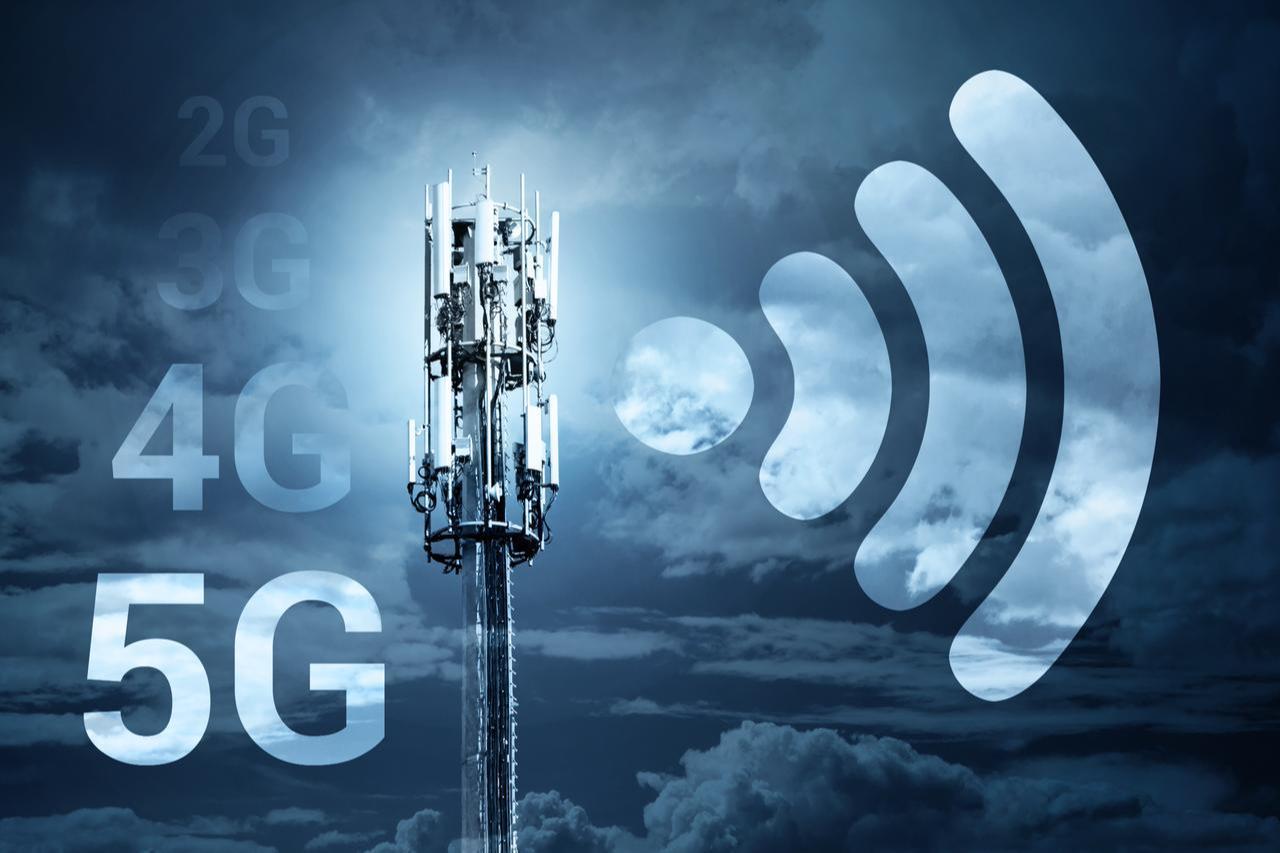
Despite the global rise in internet speeds, Türkiye continues to lag behind developed nations.
Limited fiber infrastructure, low competition and insufficient investment keep Türkiye’s digital connectivity far below the world average.
One of the main reasons for Türkiye’s slow internet is inadequate infrastructure. Many regions still rely on copper cables, and fiber-optic internet coverage remains limited. Even in major cities like Istanbul, some neighborhoods lack access to high-speed connections, according to Türkiye's Information and Communication Technologies Authority (BTK) report.
While countries like South Korea (average 256 Mbps) and Norway (240 Mbps) lead the world in fixed broadband speeds, Türkiye’s average sits around 45 Mbps, ranking it near the bottom among OECD nations.
Old internal wiring in residential buildings also causes speed loss, a factor often overlooked by internet providers and local administrations.

Another obstacle to fast internet in Türkiye is network congestion, particularly during evening hours. When thousands of users log in simultaneously, the shared capacity drops sharply, causing slowdowns even on fiber lines.
In contrast, countries like Germany and Sweden, which invest heavily in broadband expansion, have successfully reduced congestion by expanding data capacity and implementing dynamic network management.
Türkiye’s internet market is dominated by a few large providers. This lack of competition prevents price reduction and slows innovation.
According to the Freedom House report, low competition also reduces transparency and consumer rights enforcement.
In contrast, the United Kingdom, where more than 50 providers compete regionally, enjoys both lower prices and faster average speeds.
Experts claim Türkiye’s regulatory framework has not adapted quickly enough to new technologies. The slow pace of infrastructure licensing, zoning conflicts, and overlapping bureaucratic permissions often delays fiber deployment projects.
Although BTK has announced plans to expand broadband coverage to 85% of households by 2026, experts note that the pace remains insufficient to close the gap with Europe.
Internet quality in Türkiye varies sharply between metropolitan centers and smaller towns. While Istanbul, Ankara, and Izmir enjoy moderate stability, eastern and southeastern provinces—such as Mardin, Van, or Sirnak—still experience regular outages and extremely low speeds.
According to Speedtest's Global Index, Türkiye ranked 110th worldwide in fixed broadband, while even developing economies like Romania (ranked 25th) and Poland (ranked 37th) perform far better.
This disparity in infrastructure creates a growing digital inequality, especially as government services, education, and job applications move online.

Mobile internet access is common across Türkiye, but the performance gap between regions remains large. While urban centers benefit from stable 4.5G service, rural zones rely on weaker signals or outdated 3G networks.
The 5G rollout has been repeatedly postponed, with pilot programs limited to test zones in Ankara and Istanbul. In comparison, Finland and Japan already operate nationwide 5G coverage, achieving average speeds over 200 Mbps.
The COVID-19 pandemic revealed Türkiye’s digital weaknesses. Between 2020 and 2022, home internet usage rose by over 60%, as remote work, distance education, and online entertainment surged.
However, infrastructure upgrades failed to match this spike, leading to widespread complaints of dropped connections and lag, especially in densely populated districts.

The pandemic also magnified inequalities in online education. Students in rural or low-income urban neighborhoods struggled with poor connections and limited devices, while their peers in better-connected areas accessed classes without interruption.
This divide not only limits educational equality but also future employability in an increasingly digital job market.
Despite average speeds being lower than in most European countries, Türkiye’s internet costs remain high. In France, a 200 Mbps connection costs around 25 euros, while in Türkiye, the same price offers roughly 24 Mbps.
Service providers justify high prices with currency fluctuations and infrastructure costs, yet speeds have not improved proportionally. For small businesses and freelancers, this imbalance directly impacts productivity and competitiveness.
According to the Speedtest Global Index (October 2024):
. South Korea: 256 Mbps
. Singapore: 241 Mbps
. Norway: 240 Mbps
. Germany: 183 Mbps
. Türkiye: 45 Mbps
Türkiye's position highlights the urgency for long-term infrastructure reforms and transparent regulatory policies to close the digital gap with advanced economies.

Türkiye is entering a critical period in its internet history as it prepares for the nationwide rollout of 5G technology. The Ministry of Transport and Infrastructure announced that large-scale 5G trials will begin in 2026, with the first commercial use expected by the end of that year.
Minister of Transport and Infrastructure Abdulkadir Uraloglu highlighted the promising test results in an interview with Anadolu Agency: “With 5G, the initial download speed reached up to 1,876 Mb, and the upload speed was around 175 Mb, roughly 10 times faster than 4.5G.”
Experts note that expanding the fiber backbone is essential to sustain these speeds. Without sufficient infrastructure, 5G’s full potential may remain limited.
Under the government’s Digital Transformation Strategy, Türkiye aims to extend fiber access to 85% of households and ensure 5G availability in all major cities by 2030.
If implemented effectively, these investments could significantly improve Türkiye’s position in global internet speed rankings.
Still, experts emphasize that lasting progress depends not only on technology but also on increased competition, transparency, and affordable pricing for consumers.